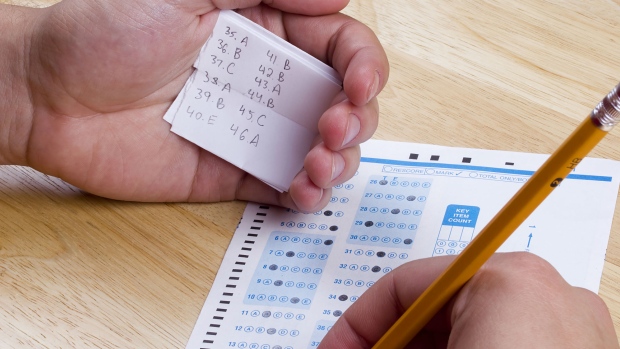224 Rejection Cheats
Based on research by Van Der Zee, S., Anderson, R., and Poppe, R. (2016) written by Mara Rowcliffe, MS.
What leads people to act dishonestly?
Psychology researchers evaluated the impact of unfair rejection on cheating behavior and on mood. They asked 150 research participants to complete an online questionnaire and a grammar test. They told them that for answering all questions correctly, they pay them money rewards. The researchers unfairly “rejected” half by falsely telling them they had answered the questions incorrectly, thus they would not receive any money. They gave money to the other “successful” half. They set up a potential “cheating” situation by telling them not to look up the answers to any of the questions on a subsequent test. They rated them as cheating if the individual provided a correct definition to an obscure word.
Results revealed a fifth cheated, plus after receiving feedback, almost one third behaved unethically by attempting to go back and change their answers. Analysis indicated the initially rejected individuals were more likely to cheat and behave unethically. These participants also reported the rejection negatively impacted their mood.
Beware, if you feel rejected or unfairly treated, shore up your resolve to be honest.
References:
Van Der Zee, S., Anderson, R., & Poppe, R. (2016). When lying feels the right thing to do. Frontiers in Psychology, 7, 734.





